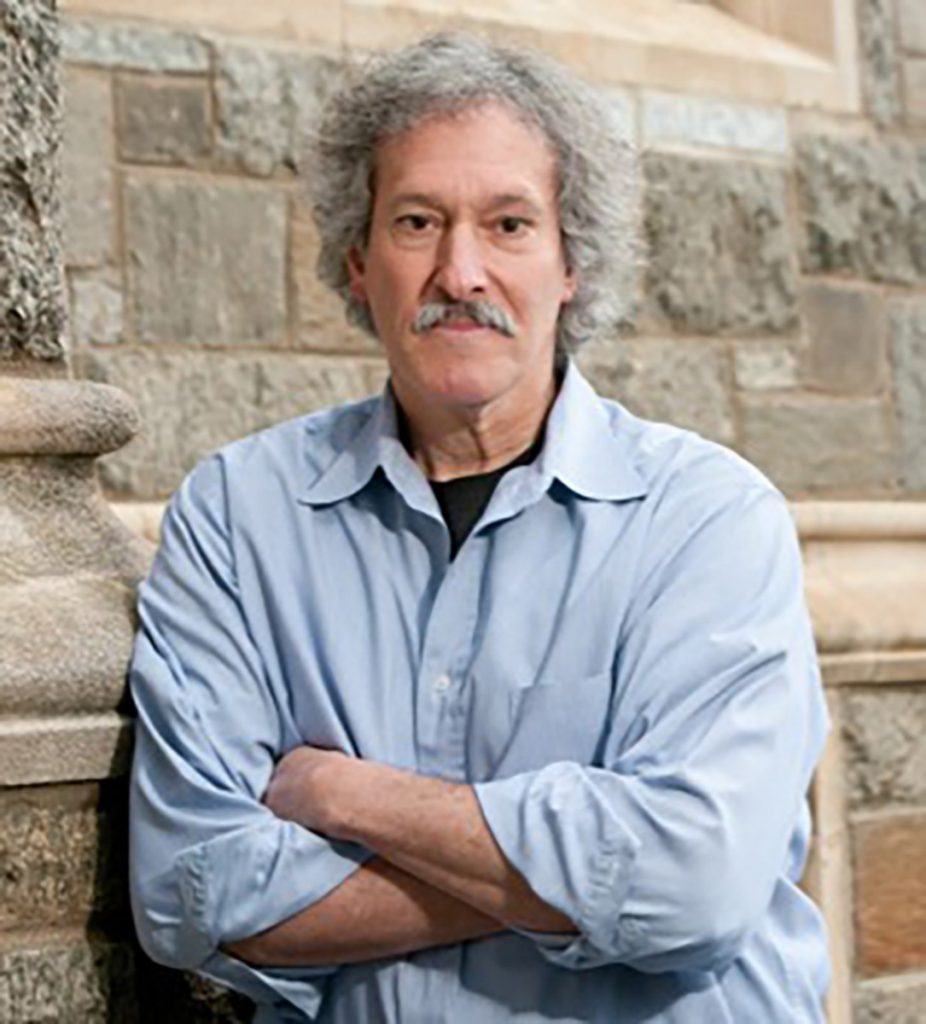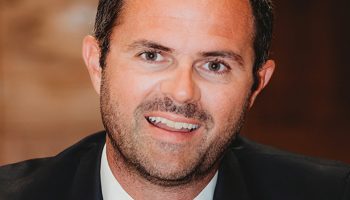MAX ZAMBRANO – STAFF WRITER

Often a speaker at Chautauqua’s Interfaith Lecture Series has one or two primary areas of expertise, or studies of interest. Not Ori Z. Soltes.
Soltes is a professor of theology, art history, philosophy and political history at Georgetown University.
Over the course of his life, he has been asked by various institutions to teach courses outside of his comfort zone, he said, but he simply couldn’t say no to a physically, intellectually or emotionally challenging endeavor.
Going back to his freshman year of college, Soltes remembers eagerly and passionately learning as much as he could.
“I felt like a kid let loose in a candy store,” he said. “There were all these things I hadn’t even thought about that I was interested in learning about. I was always taking seven or eight courses when the standard course load was four. … Fortunately, I have a lot of energy, so I could work without a lot of sleep.”
After a couple of years in school, Soltes said he had enough credit hours to graduate, but he stayed all four years. He still wasn’t satisfied.
“I felt like I still didn’t know anything,” he said. “I thought that if I went on to get a Ph.D. and become a professor, I could be an eternal student without the stigma attached to that phrase. The scam is they think they’re paying me to teach — but they’re really paying me to go on learning.”
Theology and philosophy have remained some of his strongest interests. He also teaches at Georgetown University’s Center for Jewish Civilization, is the former director of the B’nai B’rith Klutznick National Jewish Museum and he was theologian-in-residence at Chautauqua in 2007.
Soltes returns to Chautauqua at 1 p.m. Monday, Aug. 16 to present his lecture “What Are We? Three Early Visions and Versions of the Soul,” the opening Week Eight Interfaith Lecture Series themed “The Human Soul: An Ineffable Mystery.”
The soul, he said, is a universal idea.
“There are so many different ways in which humans in different times and places have thought about the soul, and part of that relates to how and why in different times and places there are different forms of religion, different concepts of God, all ultimately rising from the same theories of issues and considerations of what it is we as a specific think and worry about,” he said.
People hold different beliefs based on a seemingly endless range of factors, he said. It can be based on topography and geography, the type of community where one grows up and one’s particular personality.
“It’s a kaleidoscope of issues and ideas that over time and space we’ve come up with, but they can all be traced back to a singular series of concerns,” he said.
Judaism and Christianity are good examples, he said, because they have several similarities but also some key differences. Recognizing those similarities, and especially differences, should not make one feel like their belief or knowledge is threatened, he said.
“In the end, what I believe and what you believe, we believe because we believe that,” he said.
In math, two plus two equalling four is an indisputable subject, but topics like the soul and God goes beyond humans’ concrete understanding of the world, he said.
“If I understand that, I cannot just be accepting, but be embracing of the fact that your perspective and mine are different without feeling that somehow means I’ve reduced my connection to my sense of those things,” he said.
Once, Soltes was asked to teach a course on the Middle East, so he became interested in that region. He realized that the Arab-Israeli conflict, as it was billed to him, was an oversimplification, he said.
The conflict is not just about Arabs and Israelis, he said, but the terminology is interesting, he said. In the 7th or 8th century, when Mohammad was alive, there were pagans, Jews and Christians, some of whom became Muslims, he said.
Too often, he said, politicians, pundits and academics create this oversimplified narrative.
“It’s a much more complex reality with a much, much longer history that I found myself framing than most of what I read about the region,” he said.
Soltes is the type of person who can dig deeply into multiple projects and subjects at once, he said. When he is feeling strained by one, instead of taking a break and having nothing else to do, he refocuses on another project. Eventually, he comes back to the original feeling refreshed.
As a professor, he loves seeing the “a-ha” moments from students and hearing the questions they ask. He can get the same feeling from a public lecture, too, he said.
Eventually, for some topics, he felt certain things weren’t being said — ideas he wanted to share. So, he began writing books. He has now authored over 280 books, articles, exhibition catalogues and essays.
Despite his lecture billed at three visions, he said he will actually discuss four.
Soltes will begin with the ancient Egyptians and describe what went on in that period, then translating that to the first two chapters of Genesis, he said. That will be followed by how people like Socrates and Plato thought about the soul. Lastly, he will look at religions like Hinduism and Buddhism.
Humans have always seen themselves as beings with a soul, not just compared with rocks and plants, but against other animals, too, he said. Ideas of the self may help explain why that is, he said.
“What I want people to come away with, in essence, is (that) the soul is a large part of what we think we are,” he said. “I want people to come away with a sense of commonality, diversity and, I guess above all, humility.”




